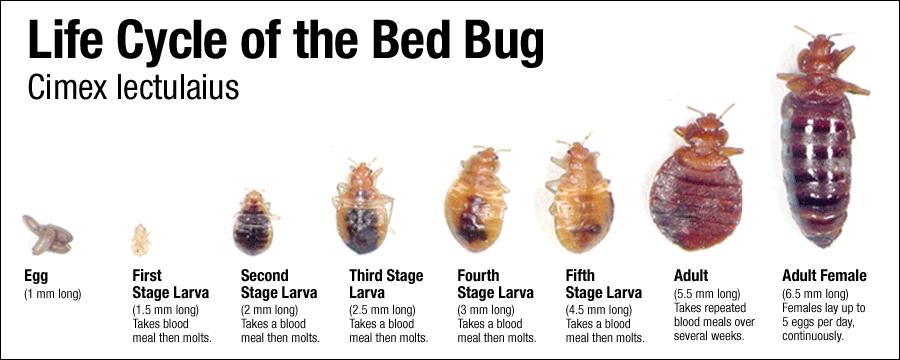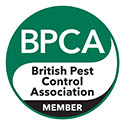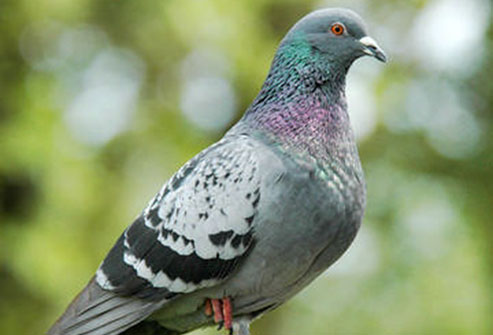The old rhyme sleep tight don’t let the bed bugs bite has sadly become a frightening reality.
Bed bugs are a nocturnal insect feeding on human blood but bed bugs are also known to feed on dogs and cats. Bed bugs hide during the day within cracks and crevices making them difficult to spot with the untrained eye. Bed bugs can in fact be a misleading term as the insect will not necessarily inhabit a bed alone but are generally found in and around a bedroom where they can gain easy access to their hosts blood during their sleep pattern.
Bed bugs emerge as we fall asleep attracted by carbon dioxide which we exhale, typically feeding between 2am – 5am. Bed bugs can be adaptable with their feeding habits, if you’re a night shift worker they will come out to feed on you in the day if that is when you are sleeping. Bed bugs can ingest up to 7 times their body weight in blood at any one sitting. Due to their stealth and feeding action you are unlikely to notice you have been bitten by a bed bug until after the event when red inflamed spots appear where the bed bug has punctured your skin which can be very itchy. Popular regions of the body for bed bugs are around your midriff. Bed bug bites can cause severe allergic reactions however bed bugs are not a known carrier for disease.
Bed bugs can lay up to 200 eggs. Baby bed bugs “nymphs” take between 3-12 weeks to reach adulthood, depending on their food source and heat. Beg bugs are transported by human lifestyle behaviour often travelling within our luggage.
If you have been bitten, or otherwise consider you may have a bed bug problem, then please contact us for advice and a comprehensive and thorough solution to your pest control needs.








